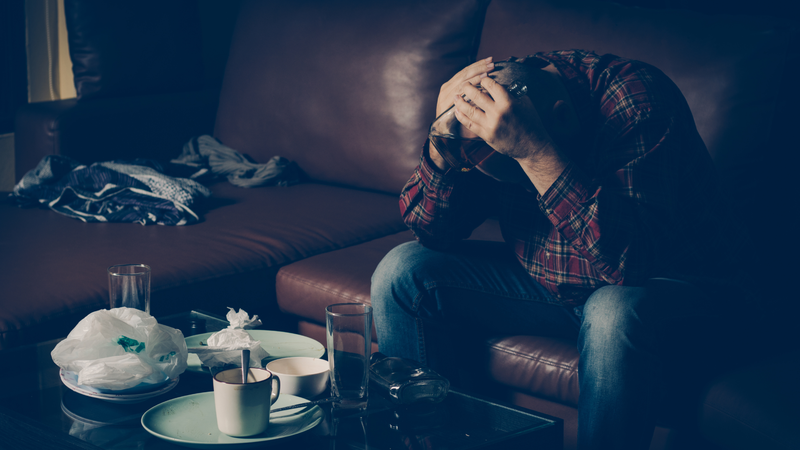
‘Men often suffer in silence:’ push continues to curb disproportionate number of young men dying from toxic drugs
NANAIMO — Local health officials are ramping up efforts to stop a high proportion of men dying from illicit, toxic drugs.
Island Health are making a renewed push at starting a conversation with illict substance users, particularly men aged 30 to 59 who make up a majority of toxic drug-related deaths on the central Island and B.C. every year.
Dr. Sandra Allison, medical health officer with Island Health, told NanaimoNewsNOW the stigma behind using and struggling is literally killing people.
“Men don’t seek care as soon as they should and in fact, men often suffer in silence. We have a culture of stoicism perhaps or people being very strong but it’s a very difficult time so we really encourage people in that age group…please reach out and make those connections.”


